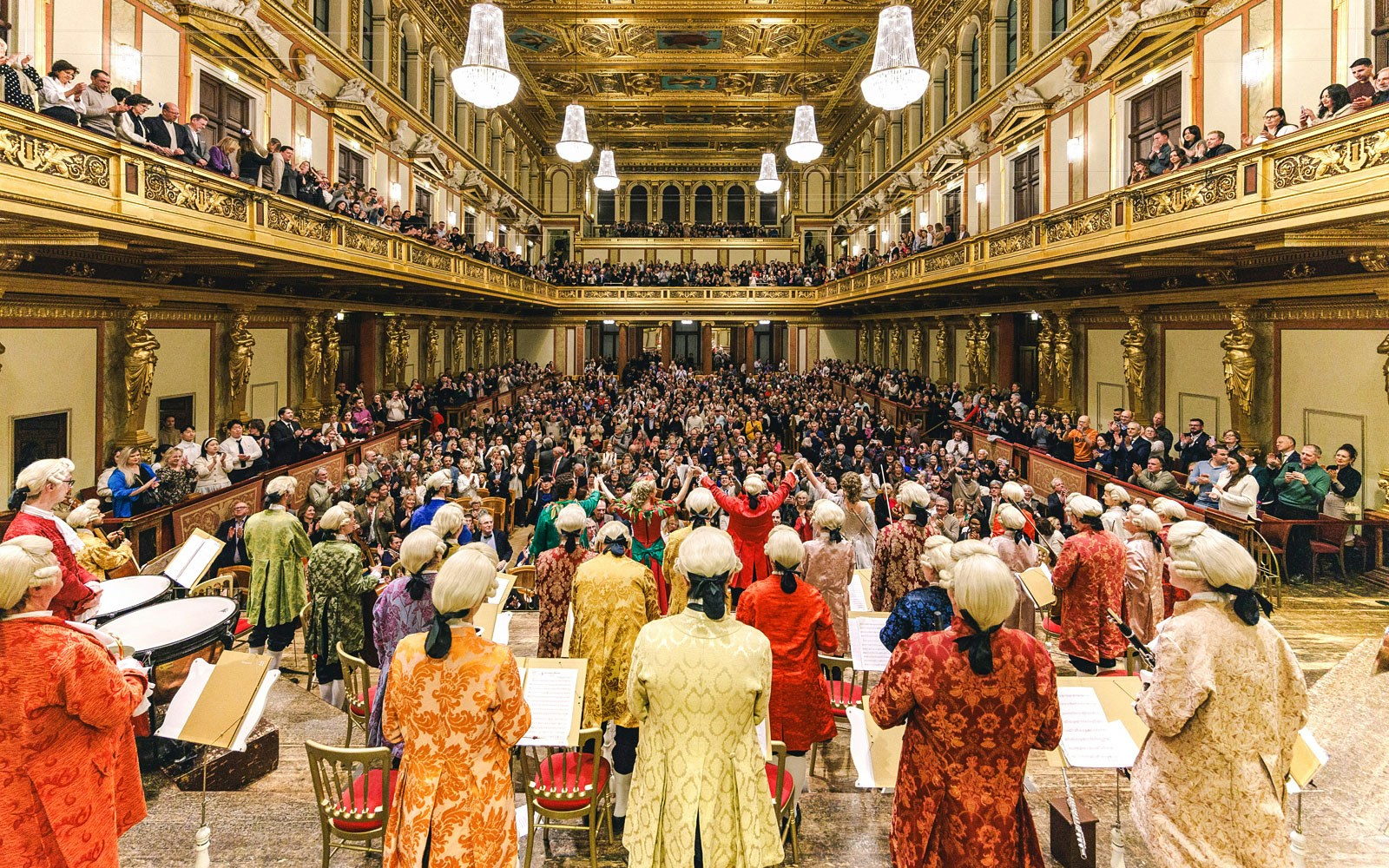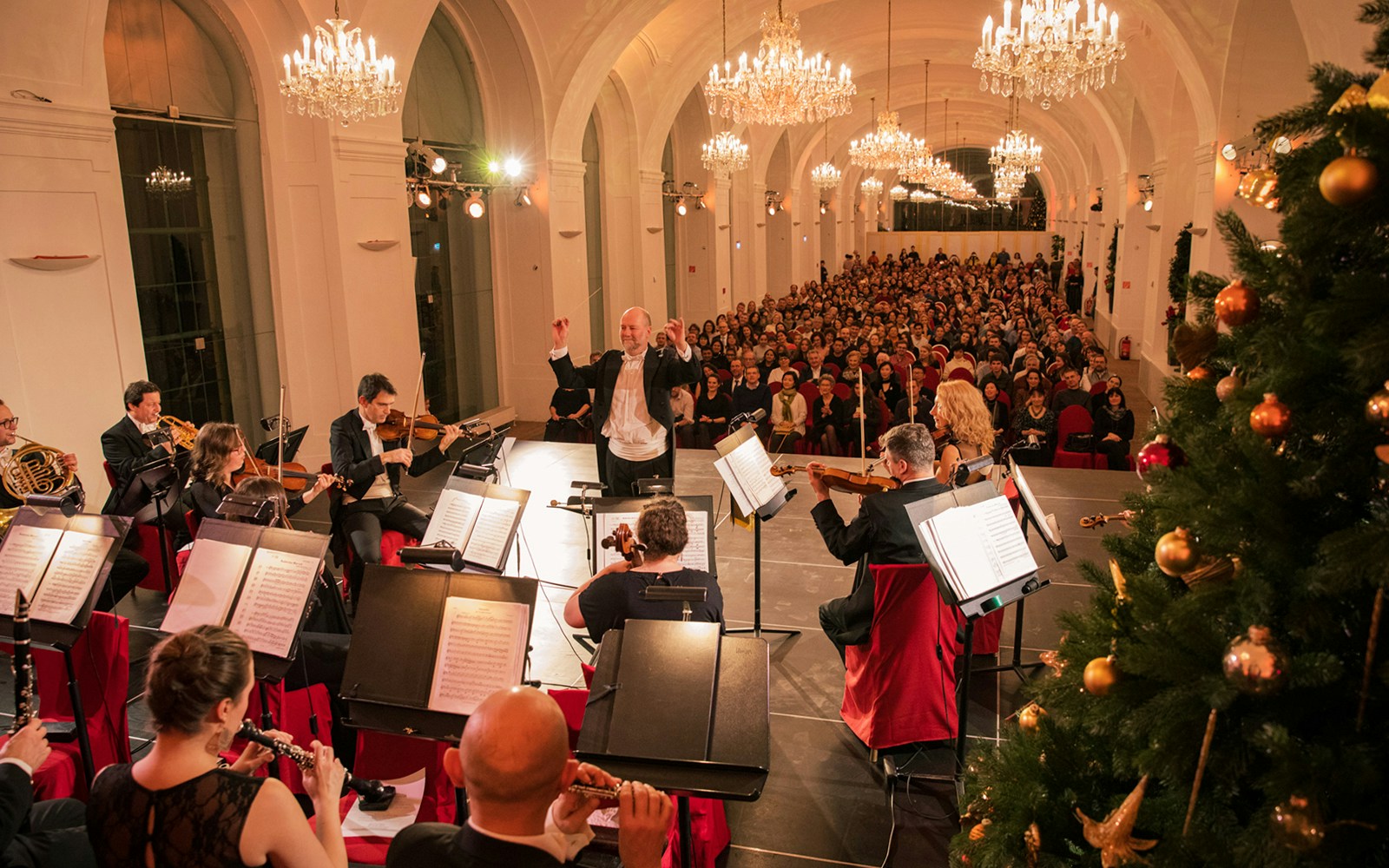The Musikverein, particularly its renowned Brahms Hall, frequently features performances of Haydn's compositions. Concerts often include his string quartets and symphonies, allowing audiences to experience the elegance of his work in a venue celebrated for its exceptional acoustics.

Celebrate Haydn’s masterpieces in Vienna’s grandest halls
Haydn’s life and legacy in Vienna
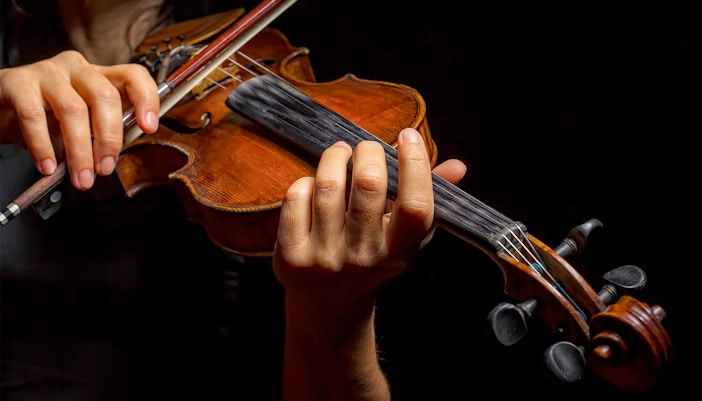
Early years and connection to Vienna
- Born in 1732 in Rohrau, Austria, Haydn showed musical talent from an early age and joined a choir in Vienna as a boy.
- He trained under composer Nicola Porpora, working as a freelance musician before securing a stable position.
- In 1761, he became Kapellmeister for the wealthy Esterházy family, where he composed and refined his signature style.
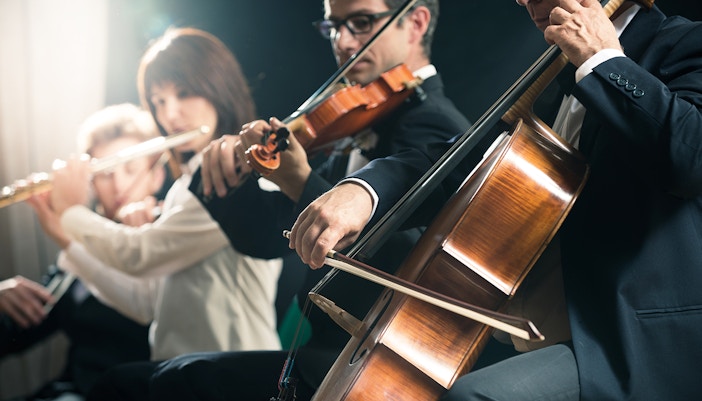
Haydn’s influence on classical music
- He revolutionized the symphony and string quartet, earning the title 'Father of the Symphony'.
- His compositions influenced Mozart and later Beethoven, shaping the classical era.
- He elevated musical forms by infusing them with humor, surprise, and profound emotional depth.
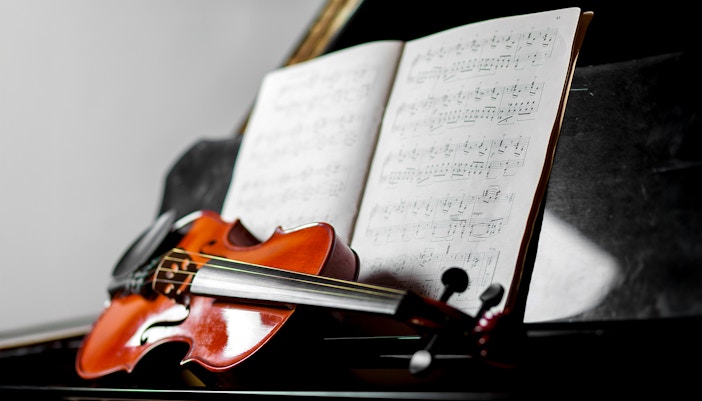
Later years
- After decades with the Esterházys, Haydn moved to Vienna permanently in the 1790s.
- Internationally celebrated, he composed famous works like The Creation and The Seasons.
- Joseph Haydn passed away in 1809, leaving an indelible mark on Vienna’s rich musical legacy.
Interesting facts about Haydn

- The composer who loved a good joke: In Symphony No. 45 'Farewell', he had musicians leave the stage one by one during the final movement, his clever way of hinting to his employer that they needed a vacation!
- Haydn’s grumpy student: Haydn mentored Beethoven, but the fiery young composer found his teacher too traditional. Beethoven even scratched out Haydn’s name from one of his early works, though he later acknowledged Haydn’s profound influence.
- His head went on an adventure: After Haydn died in 1809, grave robbers stole his skull for phrenology research. It took over 100 years for his remains to be reunited, as two skulls ended up in his tomb—one real, one a replacement!
- A workaholic with a love for coffee: Haydn was incredibly disciplined, composing over 100 symphonies and 80 string quartets. His secret? A love for coffee! He believed it kept his mind sharp, often composing in the morning with a strong cup in hand.
- London adored him: When Haydn visited London, he was treated like a rock star. Even King George III wanted lessons from him! His London Symphonies were so successful that he earned enough money to retire comfortably in Vienna.
Where to experience Haydn’s music in Vienna?
Vienna Music Society (Musikverein)
Other classical concerts you might love
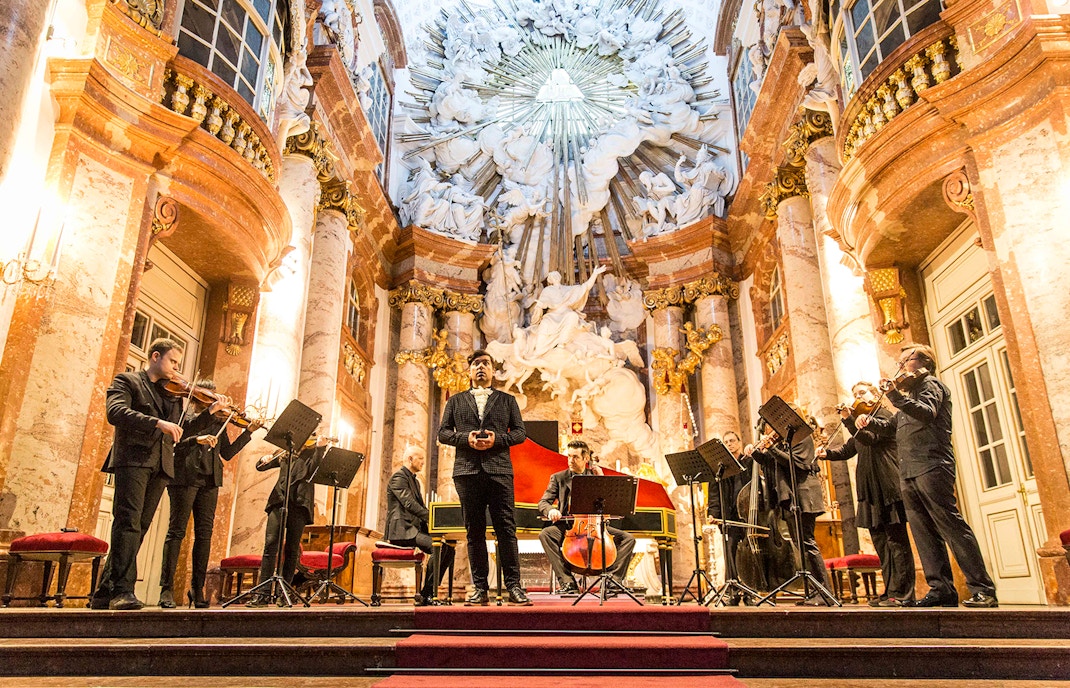
Vivaldi’s Four Seasons at Karlskirche
Experience the magic of Antonio Vivaldi's The Four Seasons as the esteemed Orchestra 1756 brings it to life on period instruments, delivering an authentic rendition of Vivaldi's lively compositions. The church’s lavish interiors and remarkable acoustics create an extraordinary atmosphere, making this concert an absolute must for any classical music lover.
Concerts in St. Charles Church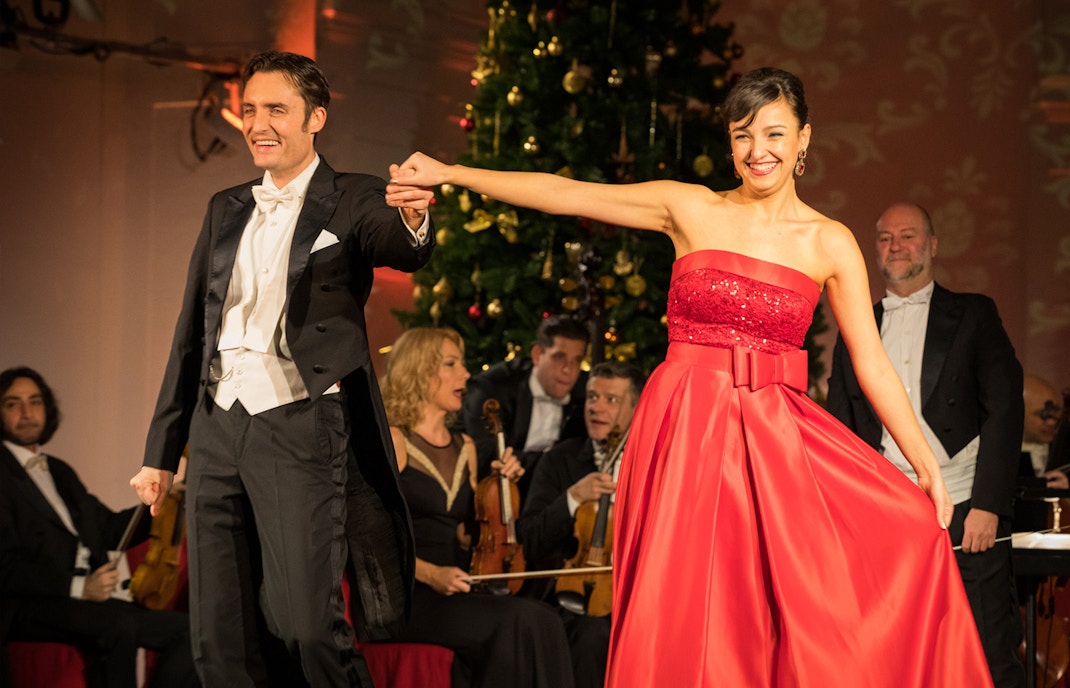
Mozart and Strauss concerts at Schönbrunn Palace
Step into a world of enchanting melodies and timeless elegance at Vienna's Schönbrunn Palace, where the musical legacies of Wolfgang Amadeus Mozart and Johann Strauss come alive! Experience an unforgettable evening as the renowned Schönbrunn Palace Orchestra masterfully performs these iconic composers' masterpieces.
Concerts in Schonbrunn PalaceFrequently asked questions about Haydn's concerts in Vienna
The Musikverein, particularly its Golden Hall, is renowned for its exceptional acoustics and regularly hosts performances of Haydn's works. Another excellent venue is the Vienna Konzerthaus, which features Haydn's compositions.
Yes, you can visit Haydn's last residence, known as Haydnhaus, located in Vienna's 6th district. Now a museum, it offers insights into his life and work, showcasing original manuscripts and personal items. The house also features a tranquil garden that Haydn cherished, providing a peaceful retreat for visitors.
A notable monument honoring Haydn is located in front of the Mariahilfer Church. Erected in 1887, this statue stands in a square that reflects Vienna's appreciation for its musical luminaries. The location is easily accessible and offers a glimpse into the city's historical dedication to commemorating its composers.
While Vienna hosts numerous classical music festivals, the most prominent Haydn festival occurs in Eisenstadt, where Haydn spent a significant part of his career. The Haydn Festival in Eisenstadt celebrates his legacy with performances of his works in venues where he originally composed and conducted.
Original manuscripts and scores of Haydn's works are occasionally displayed in special exhibitions at institutions like the Austrian National Library. Additionally, Haydnhaus features some of his artifacts and documents, providing insight into his compositions and personal life.
Yes, several churches in Vienna are associated with Haydn's music. The Church of the Barmherzigen Brüder, where Haydn worked as a musician in the 1750s, and the Karmeliterkirche, where he served as an organist, are notable examples.
While St. Stephen's Cathedral primarily hosts liturgical services, it occasionally features concerts that include works by classical composers like Haydn.
